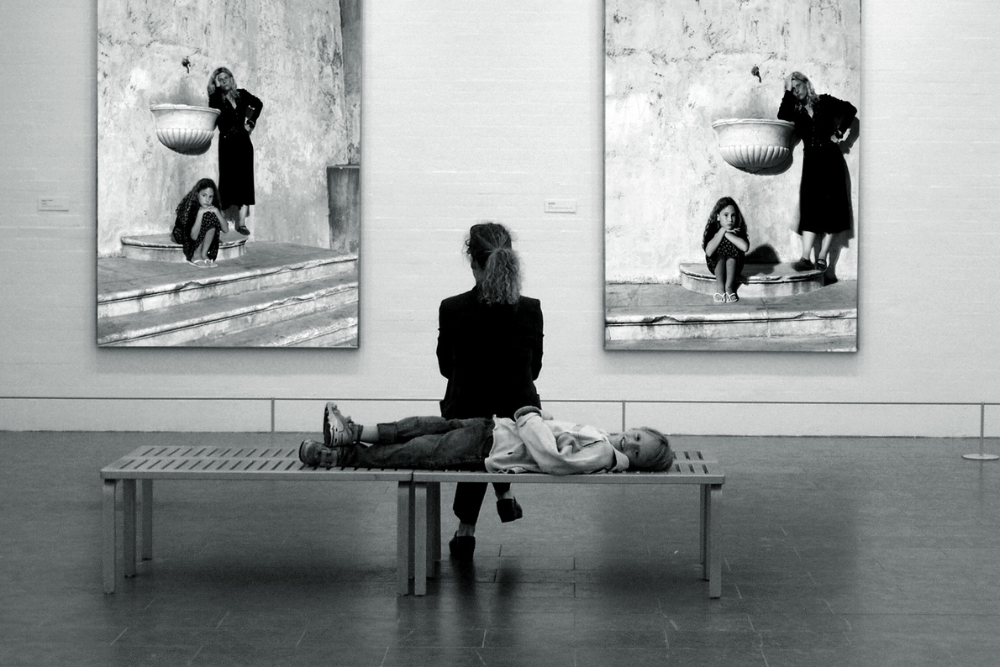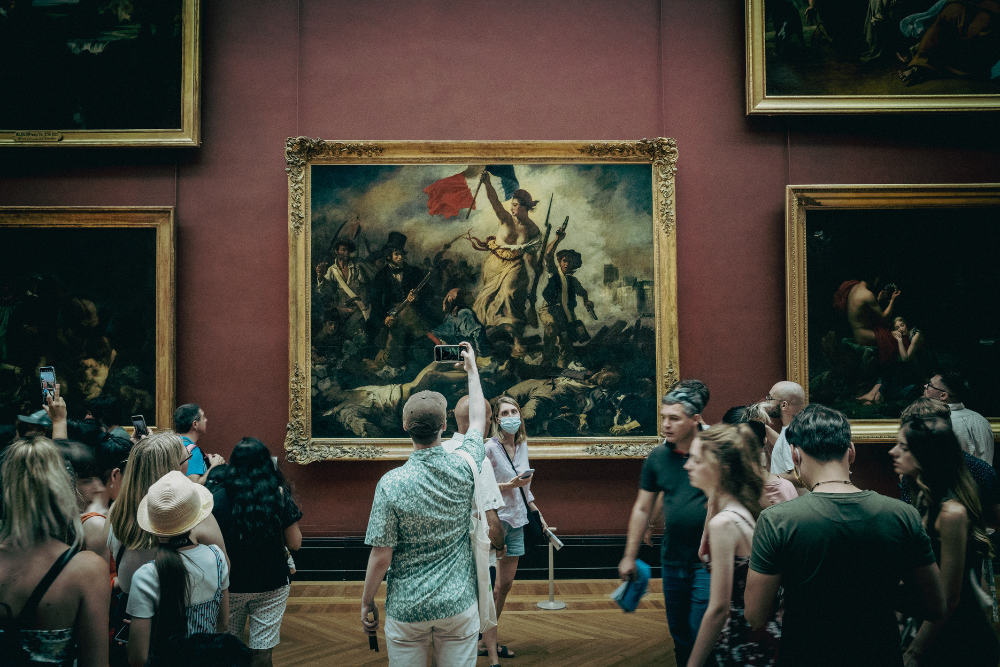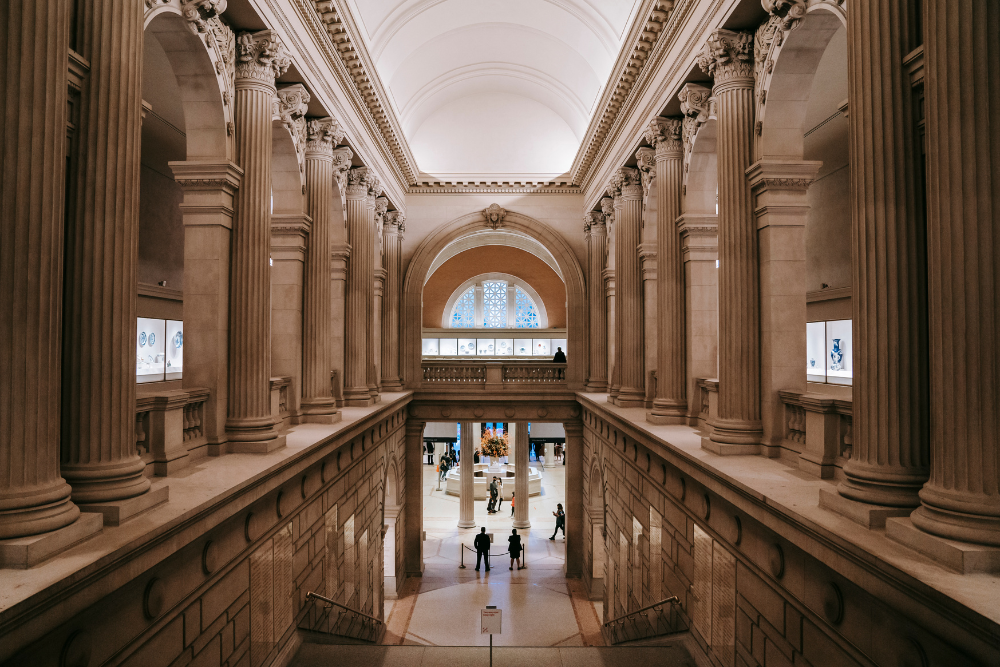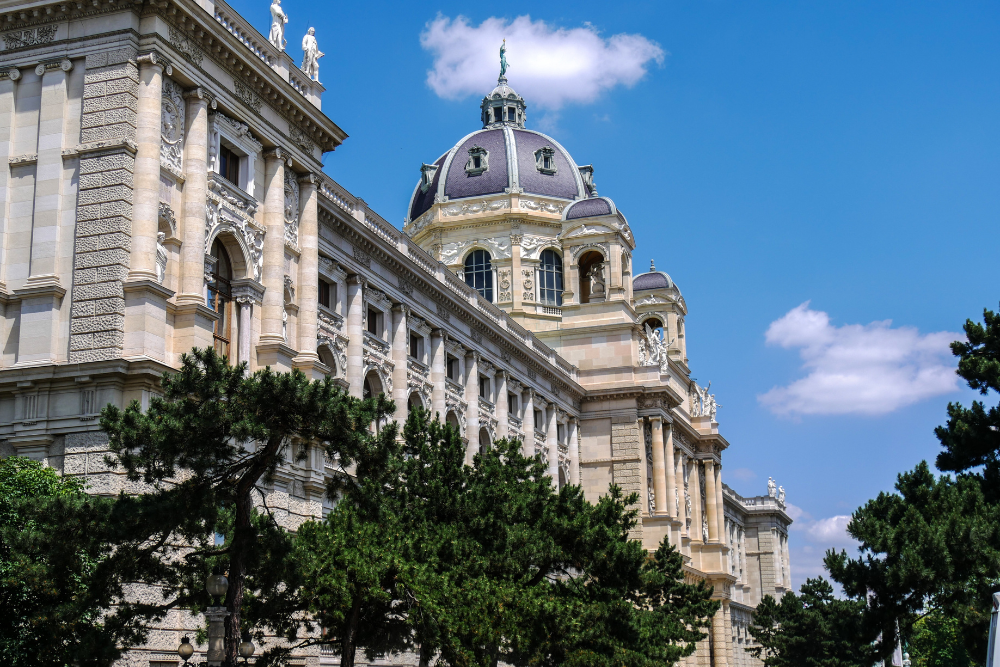Austria has long been celebrated as a powerhouse in the world of classical music, with a rich tradition of composers and musicians who have shaped the course of Western music. From the grandeur of Vienna’s opera houses to the serene beauty of its rural landscapes, Austria has fostered musical genius for centuries. This journey through the history of Austrian music will guide you from the classical era dominated by legends like Wolfgang Amadeus Mozart to the vibrant world of contemporary artists. Let’s take a closer look at how Austria’s musical heritage has evolved and continues to thrive today.
1. The Classical Era: The Golden Age of Austrian Music

Austria’s contribution to classical music is unparalleled, with composers like Wolfgang Amadeus Mozart, Joseph Haydn, and Ludwig van Beethoven leaving an indelible mark on the global music scene. This era, spanning the late 18th and early 19th centuries, saw Austria become the heart of the classical music world, especially in Vienna, which became the epicenter of Western classical music.
Wolfgang Amadeus Mozart (1756–1791):
Mozart is undoubtedly Austria’s most famous composer. Born in Salzburg, Mozart began composing at a remarkably young age and went on to write over 600 works, including symphonies, operas, and chamber music. His works, such as “The Magic Flute”, “Don Giovanni”, and “Eine kleine Nachtmusik”, are beloved worldwide for their complexity, beauty, and emotional depth. Vienna became his home for much of his life, and it was here that he composed some of his most famous pieces, including the “Requiem”.
Joseph Haydn (1732–1809):
Known as the “Father of the Symphony”, Joseph Haydn was a pivotal figure in the development of Western classical music. His influence on the symphonic form, string quartet, and opera can still be felt today. Haydn spent much of his life working for the noble Esterházy family, but his music reached beyond the court to leave a profound impact on the classical music world. He composed over 100 symphonies and 68 string quartets, with works such as the “London Symphonies” and “The Creation” being some of his most renowned compositions.
Ludwig van Beethoven (1770–1827):
Though born in Germany, Beethoven made Vienna his home and became the city’s most prominent musical figure in the early 19th century. His works bridged the Classical and Romantic periods, and his innovations in the symphonic and chamber music genres changed the course of music history. Famous pieces such as the “Symphony No. 5”, “Moonlight Sonata”, and “Symphony No. 9” are all testament to his genius and revolutionary approach to composition.
2. The Romantic Era: The Flourishing of Austrian Opera and Symphony

The 19th century saw Austria’s music scene expand with the rise of opera and symphonic music. The legacy of composers like Franz Schubert and Johann Strauss II helped cement Austria’s reputation as a center for opera and symphonic works.
Franz Schubert (1797–1828):
One of Austria’s greatest musical talents, Franz Schubert is renowned for his lieder (art songs) and symphonic works. Born in Vienna, Schubert’s short life (he died at just 31) was marked by a prolific output of compositions, including symphonies, operas, and over 600 lieder. His famous works like the “Unfinished Symphony”, “Ave Maria”, and “The Trout Quintet” highlight his extraordinary ability to capture human emotion and the nuances of the human voice.
Johann Strauss II (1825–1899):
Known as the “Waltz King”, Johann Strauss II became synonymous with Viennese ballroom music. His iconic waltzes and operettas, such as the “Blue Danube” and “Die Fledermaus”, defined the musical culture of Vienna during the 19th century. Strauss’s music continues to evoke the elegance and charm of the Viennese ballrooms and remains a staple of Austrian culture, often heard during the famous Vienna New Year’s Concert.
3. The Early 20th Century: The Rise of Modernism and New Voices

The early 20th century brought with it a wave of modernism, and composers such as Arnold Schoenberg, Alban Berg, and Anton Webern led the way in creating new, innovative forms of music. This period saw a move away from the traditional forms of the 19th century toward more experimental and avant-garde approaches.
Arnold Schoenberg (1874–1951):
Arnold Schoenberg was one of the most influential composers of the 20th century, known for his development of 12-tone serialism—a technique that revolutionized classical composition. Schoenberg’s works, such as “Verklärte Nacht” and “Pierrot Lunaire”, challenged traditional harmonic structures and paved the way for modern classical music.
4. Austrian Contemporary Music: From Pop to Avant-Garde

Today, Austria is still home to a diverse array of musical styles, from classical to contemporary genres. The 20th and 21st centuries have seen Austrian artists expanding their reach into pop, electronic music, and experimental soundscapes.
Contemporary Classical Music:
Austria continues to nurture classical music with composers like Gerd Kühr and Thomas Larcher, whose works have gained international recognition for their innovative approaches to orchestration and form. Additionally, Vienna remains a hub for modern classical performances, with venues like the Wiener Konzerthaus and Wiener Staatsoper continuing to host world-class performances.
5. Austria’s Music Scene Today: A Fusion of Tradition and Innovation

Today, Austria’s music scene is a vibrant mixture of classical, jazz, electronic, and pop influences. The country remains a global center for classical music, with venues such as the Vienna State Opera, Wiener Musikverein, and Vienna Philharmonic Orchestra attracting millions of visitors each year. Vienna’s annual Wiener Festwochen (Vienna Festival) and Salzburg Festival continue to showcase Austria’s rich cultural heritage through operatic, theatrical, and symphonic performances.
Conclusion
From the timeless masterpieces of Mozart and Beethoven to the innovative sounds of Arnold Schoenberg and Parov Stelar, Austria’s musical history is a testament to the country’s deep connection to the arts. Whether in the grand concert halls of Vienna, the operatic traditions of Salzburg, or the cutting-edge sounds of modern Vienna, Austria’s music scene continues to be a beacon of creativity and cultural significance. As Austria looks to the future, its rich musical heritage remains a cornerstone of its identity, inspiring new generations of musicians and music lovers alike.












